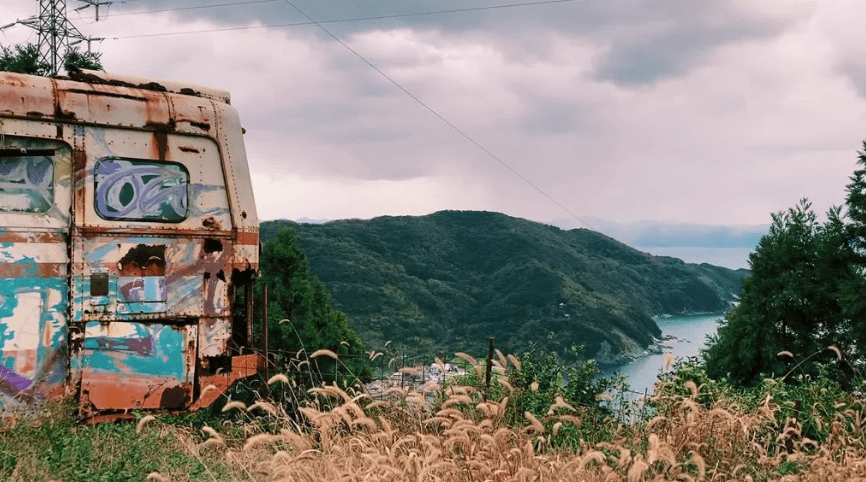[Extended version available to watch on YouTube]
Are you wondering what it’s like to live in the Japanese countryside? I’ve lived in the Japanese countryside for two years now. Moving here has been rewarding in many ways, but has been equally if not more difficult. I get a lot of questions from people overseas who have set their sights on rural Japan lifestyle, people who get stuck on something and think there must be an easy answer that they just haven’t found yet.
I need to be honest with you – sometimes there is not an easy answer.
Sometimes the challenges are going to suck. The people who move here aren’t the ones who expect there to be simple answers – they are the ones who decide they are going to roll with the punches. So for those who are interested, here are some of those punches.
1. Your work options will be limited.
You will be able to get a job as an English teacher and there is absolutely nothing wrong with that (in fact, I recommend it). But a lot of people don’t want to teach English. It’s not very creative or stimulating. And there is not much of a path for career development. In fact, you might say it’s not a career at all. It’s just a job.
So what are your other options? The tourism industry, self-employment (with numerous challenges regarding business culture and visa qualifications), finding an employer who welcomes English (rare), or becoming fluent in both Japanese language and business culture (nearly impossible).
If you choose to try to master the Japanese work environment, you may have a hard time getting hired or getting the pay you want. There may be stressful work expectations in the office and countless interpersonal misunderstandings at the workplace. I know more than one qualified professional who has given up their career in this country.
2. You might be included but not accepted.
Japanese group harmony is an impressive force. In my personal experience as a foreigner in rural Japan, I am not just invited to participate in community events often, I am expected and sometimes pressured to participate.
Living here, you may find times when your values and Japanese culture clash. Beliefs about women’s rights, work culture, age hierarchy and personal autonomy come to mind. But in the countryside where people have little exposure to foreign cultures, the fact that different cultures hold different values is rarely understood. As a result, your foreign perspective may be interpreted as wrong or even immoral.
Recommended reading → Japan Unmasked
“Deru kui wa utareru,” ~ The nail that sticks out gets hammered down. Those that stick out will not be ignored, but they might be forced or pressured to change. Sometimes in ways that feel aggressive.
*Note that Japanese countryside culture is different than Japanese urban culture. The experiences of foreign people in Japanese rural and city areas will be different.
3. Visas, visas, visas.
Visa assistance is the #1 challenge facing prospective inaka residents. And just getting a visa isn’t enough – those darn things expire! And if you want a career change, it’s going to need to go on hold until you find another way to get approval from the immigration office. But they don’t let just anyone in.
You might be thinking, but depopulating Japan needs bodies and I love Japan! That makes sense, doesn’t it? But there are many things that are more important to Japan than population statistics. The immigration status of Japanophiles does not top that list.
I’m not going to lie – it is tough! Even if you are college educated, you contribute to the community/economy/development goals/etc. that won’t help you get a visa. There are no shortcuts here. You are dealing with a government office. If you’ve heard anything about excessively complicated formal official procedures here, the immigration system is no exception.
The most reliable visa advice → Japan immigration lawyer directory
Follow your dreams, but know what you are getting into.
Don’t get me wrong. I don’t regret moving here and I still love Japan. But I wish I had really understood some of the challenges of life in the Japanese countryside. It helps to know what to anticipate. So the best I can do at this point is to share my experiences. Feel free to drop a comment or question. I hope you found some value in this article!
Best wishes from Shikoku! ~B



